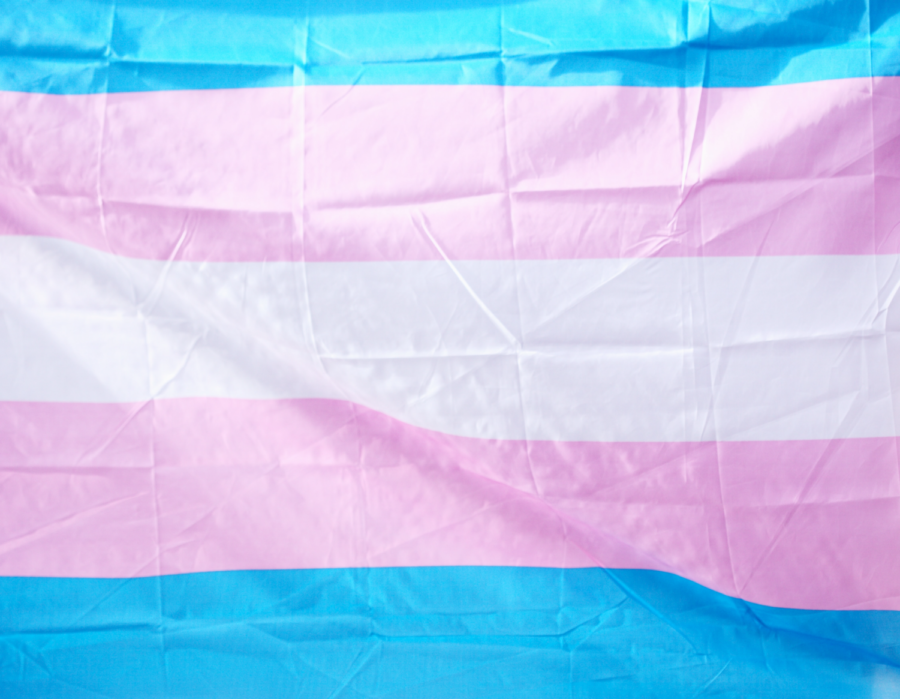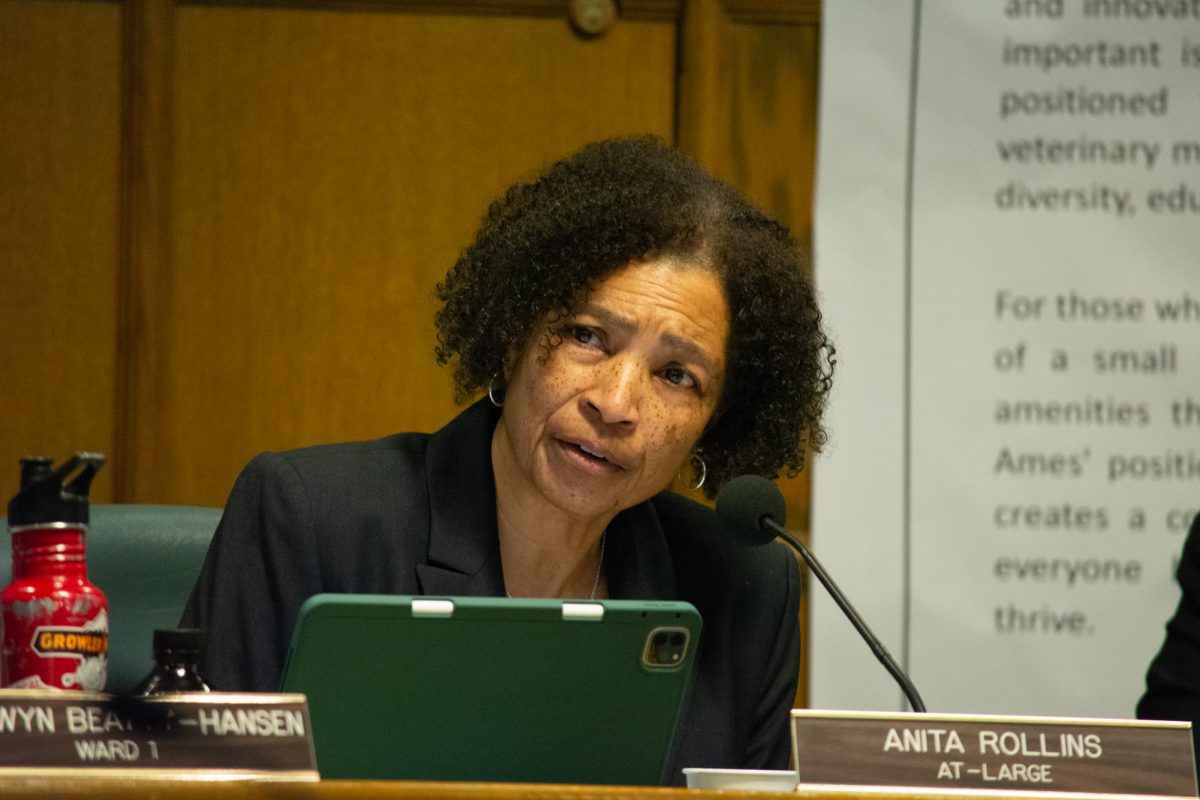Transgender discrimination in the workplace and classroom
Courtesy of Sharon McCutcheon on Unsplash
According to Marin Harbur, after coming out to her students as transgender, the students were more comfortable discussing their own struggles.
April 6, 2022
While there is currently a fight to protect transgender youth, adults in this community are calling out for this same support. Exclusion, discrimination and transphobia is still seen throughout adulthood for many of these individuals.
According to the National Center for Transgender Equality, 25% of transgender people have lost their jobs due to bias, and 75% have faced workplace discrimination. While this goes against the Civil Rights Act of 1964, which protects employees based on their gender identity, it still happens frequently. Due to this, many people are forced to leave their job in order to feel safe and accepted.
Marin Harbur, an Iowa State assistant teaching professor in the agronomy department, lost her job in Ohio seven years ago when they found out she was transgender.
“I know what it is like to lose a work opportunity based on gender, and I know what it is like to be afraid and be unsure whether I could find employment because I was transgender,” Harbur said.
When Harbur experiences this exclusion, or sees others experiencing this same thing, it affects her as well. According to her, when someone in the transgender community sees others being judged based on their appearance or differences, it may act as a warning sign that they could experience this next.
Recently, laws have been passed that harm this community, such as the law banning transgender girls from female sports teams. Laws such as this may cause harm to not only those who are excluded, but everyone involved by potentially creating a negative and hostile environment.
“I am concerned about the continuation of a truly inclusive campus where people are not limited by their gender, and I worry for students that may be given my experiences with exclusion,” Harbur said. “I worry about other students who may perceive they will be excluded from campus activities.”
A hope that Harbur shares with many others is that Iowa State can continue to follow their course of inclusion.
“It’s really important that the university speaks about inclusion,” Harbur said. “Every student must know they are invited to bring their authentic selves, they are equally valued and we are committed to creating an environment where they can bring their complete self in the classroom.”
One large step Iowa State took in 1975 to show their inclusivity was naming the football stadium after Jack Trice, someone who once was discriminated against at the university based on his race. Harbur spoke on the actions of the university regarding transgender inclusion.
“I found the administration’s silence on transgender inclusion during the past month to be particularly notable,” Harbur said.
Harbur shared a letter she wrote to her class about inclusion. She found that after she came out to her class about who she was, they were more comfortable coming forward about their own struggles.
Harbur said, “My hope is that someday, no one else feels like they are less because they are transgender.”







